Certificate & Training Programs
Course Topics
Benefits
Who should attend
Course Topics
Benefits
Who should attend
Course Topics
Introduction to Computational Fluid Dynamics (CFD) & Simcenter STAR-CCM+
Benefits
Who should attend
Certificate Course in Design for Additive Manufacturing
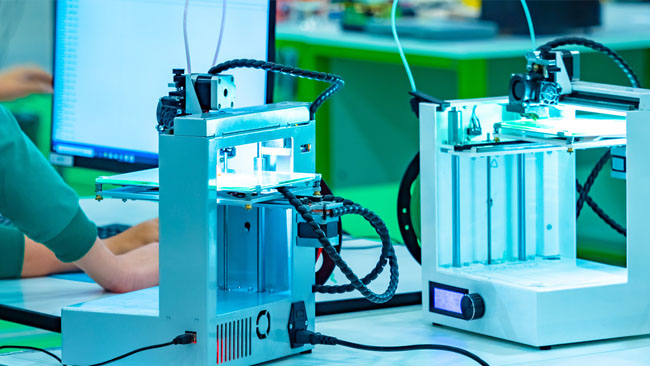
Additive Manufacturing allows new freedoms in part design. Learn how to take advantage of design techniques that are particularly suited for additively produced parts and how to design parts that account for various additive processes.
Course Topics
Benefits
Who should attend
Course Topics
Benefits
Who should attend
Certificate Course in Simcenter 3D Motion Fundamentals
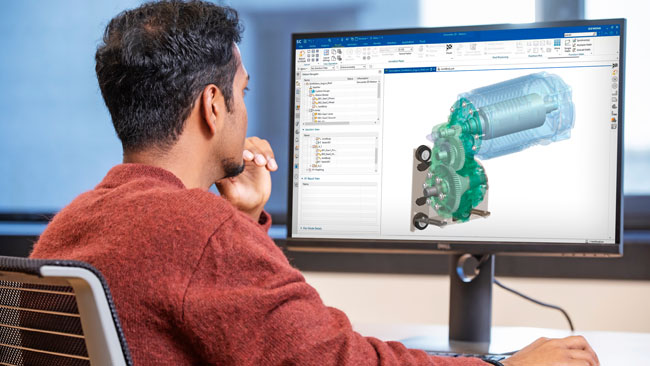
Simcenter 3D Motion is a CAE software application you can use to animate and analyze both kinematic and dynamic motion mechanisms in terms of critical design positions, forces, velocities, and accelerations. Upon successful completion of this course, students will understand how to apply and edit motion simulations, and use motion simulations to analyze, troubleshoot, and optimize a mechanism design.
Course Topics
Benefits
Who should attend
Course Topics
Benefits
Who should attend
Certification Course in Fundamentals of Simcenter E-Machine Design
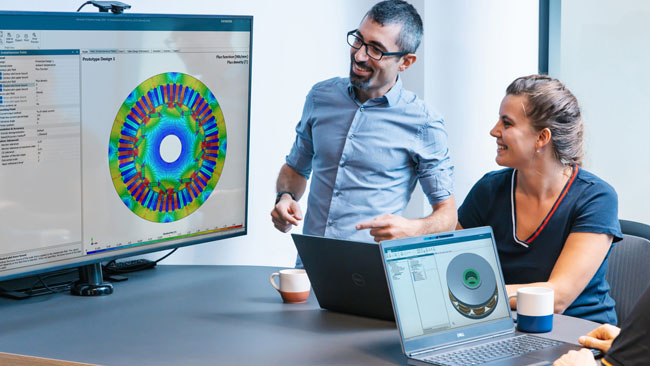
This course will equip you with a basic understanding of SimCenter E-Machine Design and will enable you to design and analyse solutions for any standard electric machine type. This includes synchronous, induction, switched reluctance, and brush-commutated radial flux machines as well as PM synchronous axial flux machines. It explains techniques for modifying geometry, setting windings, defining materials and viewing result.
Course Topics
Benefits
Who should attend
Certificate Course on Electrical Vehicle Modeling

This course offers comprehensive training on the use of Siemens Simcenter Amesim for Electrical vehicle Modeling. It is designed to equip learners with practical skills in utilizing this application for vehicle simulation and optimization. The course also provides hands-on experience through case studies and practical exercises, enabling learners to apply their theoretical knowledge to real-world scenarios.
Course Topics
Benefits
Who should attend
Certification Course in Simcenter Amesim - Design and Simulate Electric Storage Systems
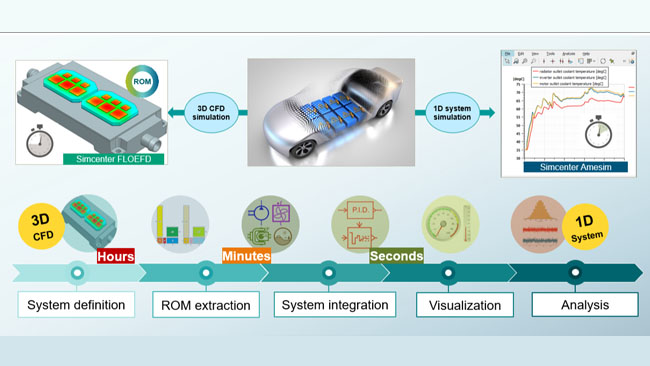
This course covers the Electric Storage System library in Simcenter Amesim, focusing on modeling energy exchanges, optimizing battery sizing, designing cooling subsystems, and validating control strategies in multi-physics simulations.
Course Topics
Benefits
Who should attend
Certification Course in Simcenter Amesim for vehicle longitudinal performance and energy consumption analysis

This course offers comprehensive training on the use of Siemens Simcenter Amesim for vehicle longitudinal performance and energy consumption analysis. It is designed to equip learners with practical skills in utilizing this application for vehicle simulation and optimization. The course also provides hands-on experience through case studies and practical exercises, enabling learners to apply their theoretical knowledge to real-world scenarios.
Course Topics
Benefits
Who should attend
Certification Course on Simcenter Amesim - Electric Motors and Drives
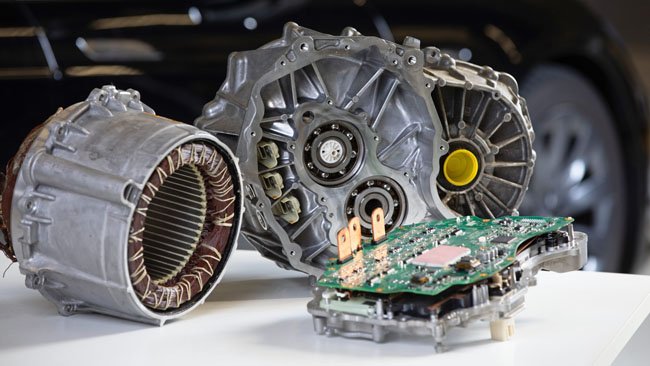
This training course focuses on the electrical machines and their control and is designed to provide all the elements necessary in building optimal models. We’ll provide the assumptions and specificities of the Simcenter Amesim libraries dedicated to the electrical machines (EMD) and power electronics (ESC).
Course Topics
Using components from the Electrical Basics Library (EB)
Theoretical background in motor models
Theoretical background in power electronics
Illustration with basic practical examples
Advanced examples
Benefits
Who should attend
Certificate Course in Simcenter Amesim Fuel Cell Design
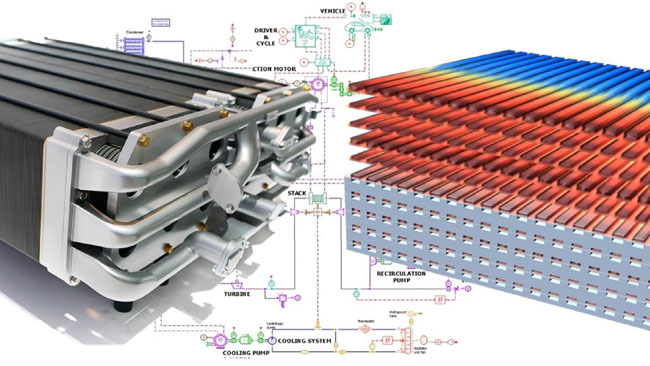
This course covers fuel cell modeling, integration, and optimization using Simcenter Amesim. Participants will explore multi-physics interactions with the Fuel Cell, Gas Mixture, and Moist Air libraries to enhance system performance.
Course Topics
Benefits
Who should attend
Course Topics
Introduction to Computational Fluid Dynamics (CFD) & Simcenter STAR-CCM+
Geometry Preparation & CAD Cleaning
Meshing Techniques
Physics Modeling
Simulation Setup & Execution
Post-Processing and Data Analysis
Industry-Specific Applications
Benefits
Who should attend